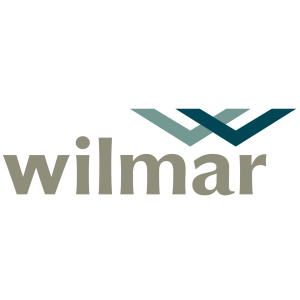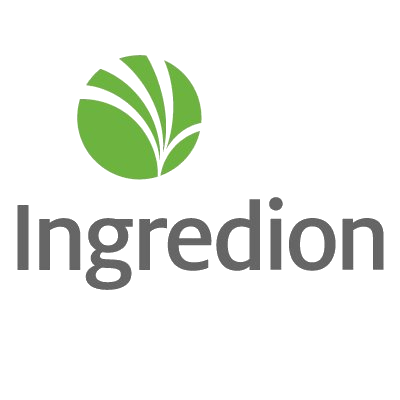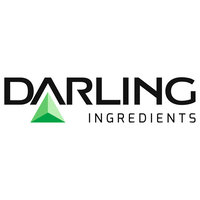Kuala Lumpur Kepong Bhd
KLSE:KLK
Net Margin
Kuala Lumpur Kepong Bhd
Net Margin measures how much net income is generated as a percentage of revenues received. It helps investors assess if a company's management is generating enough profit from its sales and whether operating costs and overhead costs are being contained.
Net Margin Across Competitors
| Country | Company | Market Cap |
Net Margin |
||
|---|---|---|---|---|---|
| MY |
K
|
Kuala Lumpur Kepong Bhd
KLSE:KLK
|
21.6B MYR |
3%
|
|
| US |
A
|
Archer-Daniels-Midland Co
XETRA:ADM
|
20.3B EUR |
2%
|
|
| SG |

|
Wilmar International Ltd
SGX:F34
|
19.5B SGD |
2%
|
|
| US |

|
Bunge Ltd
NYSE:BG
|
10.8B USD |
2%
|
|
| CN |

|
Tongwei Co Ltd
SSE:600438
|
73.3B CNY |
-7%
|
|
| US |

|
Ingredion Inc
NYSE:INGR
|
8.4B USD |
9%
|
|
| MY |
S
|
Sime Darby Plantation Bhd
KLSE:SIMEPLT
|
32.5B MYR |
10%
|
|
| CN |

|
New Hope Liuhe Co Ltd
SZSE:000876
|
44.4B CNY |
4%
|
|
| MY |

|
IOI Corporation Bhd
KLSE:IOICORP
|
22.8B MYR |
12%
|
|
| US |

|
Darling Ingredients Inc
NYSE:DAR
|
5.1B USD |
3%
|
|
| ID |

|
Charoen Pokphand Indonesia Tbk PT
IDX:CPIN
|
72.5T IDR |
6%
|
Kuala Lumpur Kepong Bhd
Glance View
Kuala Lumpur Kepong Bhd, often abbreviated as KLK, is a master illustrator of growth and adaptability within the complex tapestry of the global palm oil industry. Founded in 1906, the company began its journey with rubber plantations in Malaysia. However, over the decades, KLK has adeptly shifted its focus to palm oil, now standing as one of the largest producers of this essential commodity. The narrative of KLK is one of vertical integration; it operates plantations, manages the milling and refining processes, and even manufactures consumer products. This comprehensive involvement in the palm oil value chain allows KLK to capture significant margins at multiple stages of production. The company's success is not only tied to its vast landbank in Malaysia and Indonesia but also to its strategic investments in downstream manufacturing and biodiesel production, leading to a diverse portfolio that mitigates the volatile risks of raw commodity prices. KLK’s profitability is a reflection of its strategic diversification. Beyond palm oil, the company has branched into resource-based manufacturing, particularly in oleochemicals, which are derivatives of fats and oils used extensively in personal care, detergents, and pharmaceuticals. This segment thrives on creating value-added products that command higher price points and capture a global market. Furthermore, KLK has a significant presence in real estate development, primarily in Malaysia, which contributes a steady stream of revenue. By weaving its business fabric through these various sectors, KLK has crafted a robust economic shield, allowing it to continue expanding in emerging markets and invest in sustainability initiatives—efforts that reflect a commitment to maintaining ecological balance alongside financial growth.
See Also
Net Margin measures how much net income is generated as a percentage of revenues received. It helps investors assess if a company's management is generating enough profit from its sales and whether operating costs and overhead costs are being contained.
Based on Kuala Lumpur Kepong Bhd's most recent financial statements, the company has Net Margin of 2.6%.

















































 You don't have any saved screeners yet
You don't have any saved screeners yet